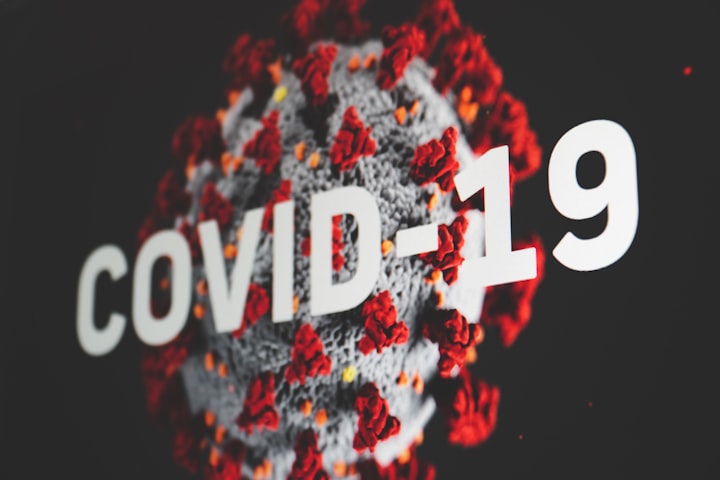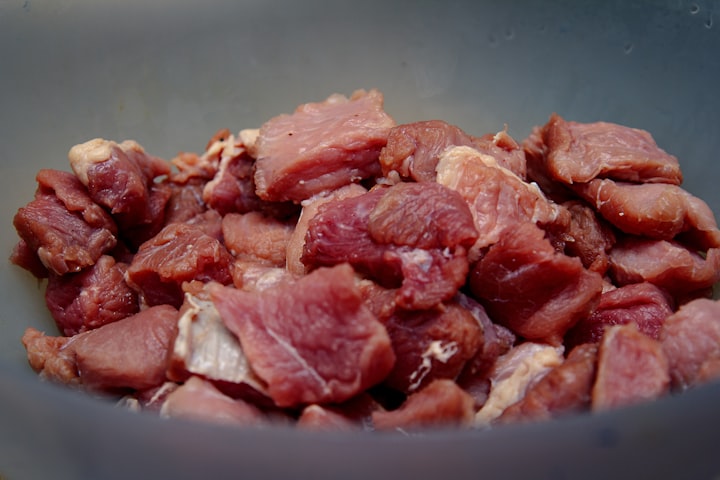
This is Tsar's Cove, a member of the coronavirus family, so-called for the crown-like spines on their surfaces.
Tsar's Cove - may result in Ovid 19 is an infectious viral infection that predominantly affects the pharynx and airways. What occurs in your body when you contract the Corona virus? What causes your body to develop pneumonia? How would a vaccine work against the Corona virus?
a virus must infect living cells in order to reproduce; let's take a closer look at the virus's components. the virus's genetic material contains the instructions for making more copies of itself; a protein shell provides a protective shell for the genetic material as it travels between the people it infects; and an outer envelope enables the virus to infect cells by fusing with the cell's outer membrane. Both the typical influenza virus and the new corona virus use spikes of protein molecules as a key to enter a cell in your body, where they take over the cell's internal machinery and repurpose it to build the components of new viruses. When an infected person talks, coughs, or sneezes, droplets carrying the virus may land in your mouth, nose, and lungs. Once inside the body, the virus contacts cells in the pharynx, sinuses, and airways. One spike on the virus locks into a receptor molecule on the cell membrane of a healthy cell like a key. This action permits the pathogen to enter your cells. A typical influenza virus would travel within a capsule made from your cell membrane to its nucleus, which contains all of its genetic material.
The coronavirus, on the other hand, does not need to enter the nucleus of the host cell; it can directly access ribosomes. ribosomes use genetic information from the virus to produce viral proteins such as the spikes on the virus's surface. a packaging structure in your cell carries the spikes in vesicles which merge with your cell's outer layer, the cell membrane. with all the components needed to create a new virus gathered just beneath your cell's membrane, a new virus begins to butt off from the cell membrane. Normally, as you breathe, air moves freely through your trachea or windpipe, then through large tubes called bronchioles, and finally into tiny sacs called alveoli. Your Airways and alveoli are flexible and springy, so when you breathe in, each air sac inflates like a small balloon, and when you exhale, the air sacs deflate. Normally, cells of your immune system attack viruses and germs that pass through your mucus and cilia and enter your alveoli. However, if your immune system is weakened, such as in the case of a corona virus infection, the virus can overwhelm your immune cells, causing your bronchioles and alveoli to become inflamed. As your immune system attacks the multiplying viruses, this inflammation can cause your alveoli to fill with fluid, making it difficult for your body to pneumonia may result in trouble breathing chest discomfort
a hacking cough, fever, and shivers confusion
headache muscle soreness and exhaustion It may also result in more severe complications.
Respiratory failure occurs when breathing becomes so difficult that you require a ventilator to help you breathe. These are the machines that save lives, and medical device companies are currently ramping up production. Whether you develop these symptoms depends on a number of factors, including your a-agent and whether you already have a preexisting condition. The effort to develop a corona virus vaccine is advancing rapidly. Most researchers assumed that people who have recovered from a SARS co2 infection could be protected from reinfection for a period of time based on studies of other corona viruses, but this assumption needs to be supported by empirical evidence, and some studies suggest otherwise. There are several potential approaches for a vaccine against the corona virus. The basic idea is that you would receive a shot containing weak versions of the virus. The vaccine would expose your body to a version of the virus that is too weak to cause infection but strong enough to stimulate an immune response. Within a few weeks, your immune system would produce antibodies that are specific to the corona virus or its spike protein. Your immune system then responds to signals from the antibodies by consuming and destroying the clumps of viruses. If you were to catch the real virus at a later stage, your body would recognize it and destroy it. In other words, your immune system is currently gathering evidence on whether this is possible. Stay at home if you can to protect the most vulnerable, and don't neglect to cleanse your hands for at least 20 seconds and as often as possible. What would happen if you didn't wash your hands for an entire year? Well, that's a story for another time.
Peter here I'm recording this in my basement today as we continue to self isolate social distance I hope you are too we want to say a special thanks to nucleus medical media today for those cool 3d animations if you want to see more scientifically accurate medical animations head on over there channel you learn more about human body conditions and illnesses and how to treat them you know only science will get us through this stay safe everyone
About the Creator
Wayne
Am wayne, a writer from kenya specified in research and article writing. I love doing research on natural things, football updates and updating what going on in the world





Comments
There are no comments for this story
Be the first to respond and start the conversation.